
Safety, Corrosion and Practical Solutions for Boats and Vehicles
Boat and vehicle grounding: preventing corrosion and ensuring safety
The benefits of grounding for safety and corrosion control
Boat and vehiclegrounding: safety and corrosion is essential for protecting equipment and extending its service life. It plays a key role in electrical safety and corrosion prevention, particularly galvanic corrosion.
Lightning protection
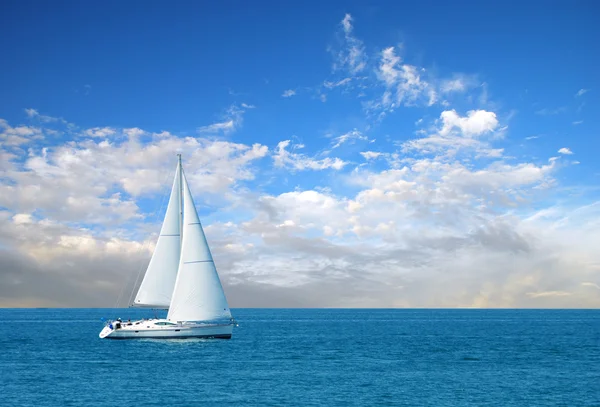
Electrification of a structure
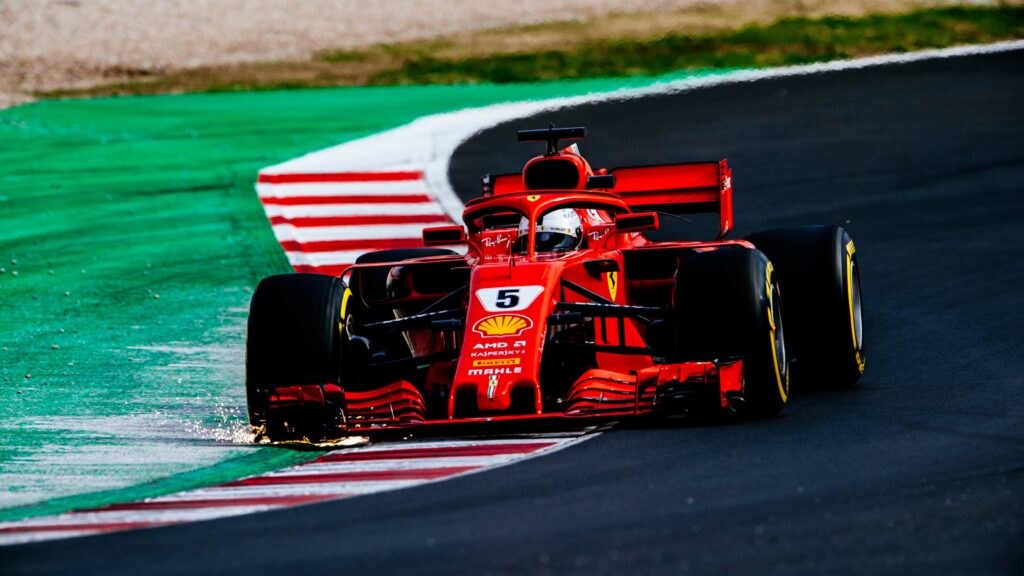
In the event of a short-circuit or electrification of a metal part, it is essential to distribute the discharge over the entire structure to avoid the risk of dangerous electric shock and material damage. A ground connection allows electricity to be distributed rapidly, reducing the risk to those on board and protecting all sensitive electrical components on the boat or vehicle.
Corrosion and galvanic corrosion
CorrosionCorrosion, particularly galvaniccorrosion , is a phenomenon which can cause significant damage to the metal structures of a boat or vehicle. Grounding plays a key role in preventing such corrosionby reducing the effects of leakage currents.
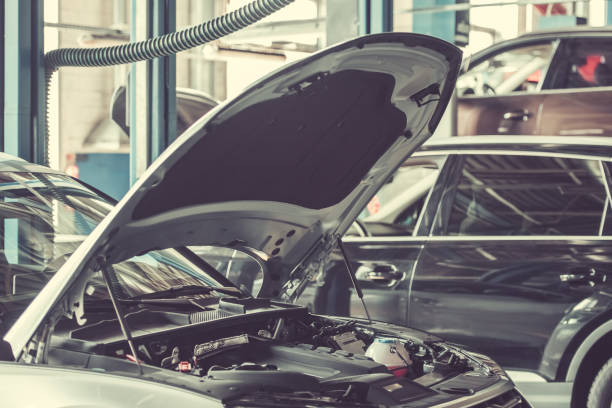
Salt spray and galvanic corrosion
Salt spray, which is particularly prevalent in marine environments, accelerates corrosion. corrosion of metals. In the presence of a potential difference between different metal structures (such as the boat and keel or mast components, etc.), leakage currents can be created, promoting corrosion.
In order to avoid this reaction, it is crucial to correctly dimension grounding and bonding braidsto reduce the potential difference between metallic elements, and to prevent corrosion on sensitive areas.

Solution for optimum grounding
A grounding requires suitable materials and good installation design.
The grounding braid is much more advantageous than round cables levels:
- Economical : Round cables with lugs are more expensive than ground braids.
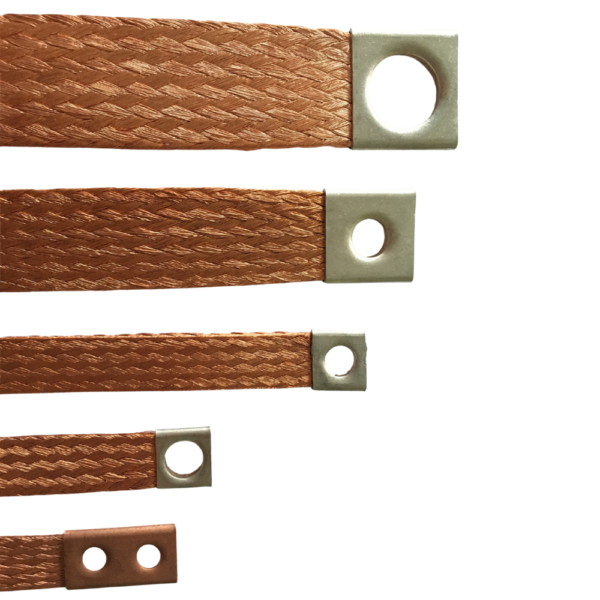
- Adaptability: The braid can be cut to size to fit any installation. It also makes it easy to create customized connections according to requirements (adjusting length, width, possible current supported by the braid, bolt holes, etc.).
- Anti-corrosion The materials used for braiding are specifically chosen for their resistance to resistance to corrosion. Among the most common materials :
- Red copper Good conductor but low corrosion resistance corrosion.

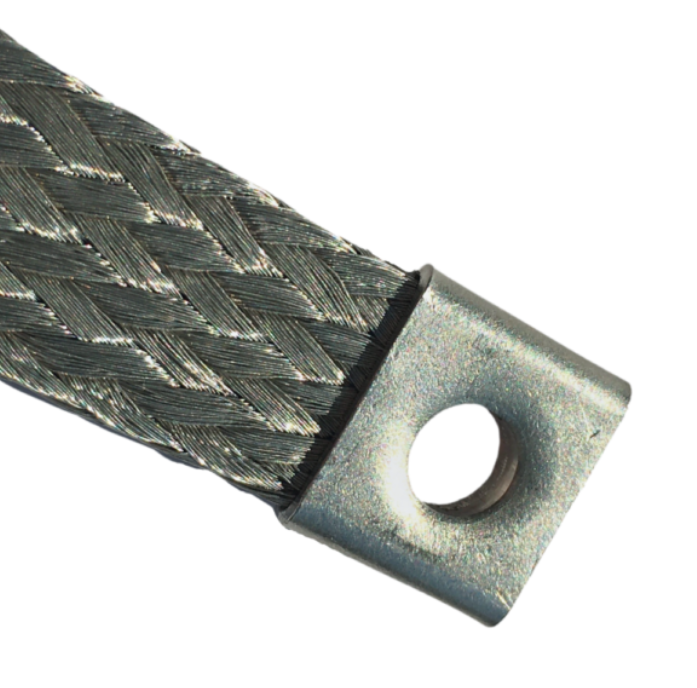
- 304 or 316 stainless steel Stainless steel is highly resistant to corrosion, but not very conductive. Stainless steel 316 is often preferred in marine environments for its greater strength.
- Tin-plated copper An excellent compromise between cost and durability. It is economical, durable and works well against corrosion thanks to the tin in which it is tempered.

- Nickel-plated copper: Ideal for excellent conductivity and corrosion resistance resistance. However, this wire is more expensive and difficult to find.
Conclusion
Grounding is essential for the safety, corrosion prevention and durability of installations on boats and vehicles. Materials can be used to reduce the risk of damage to equipment, electrocution and corrosion. At Tressages du Dorlay, we offer you reliable, high-performance solutions to guarantee grounding adapted to your specific needs.
